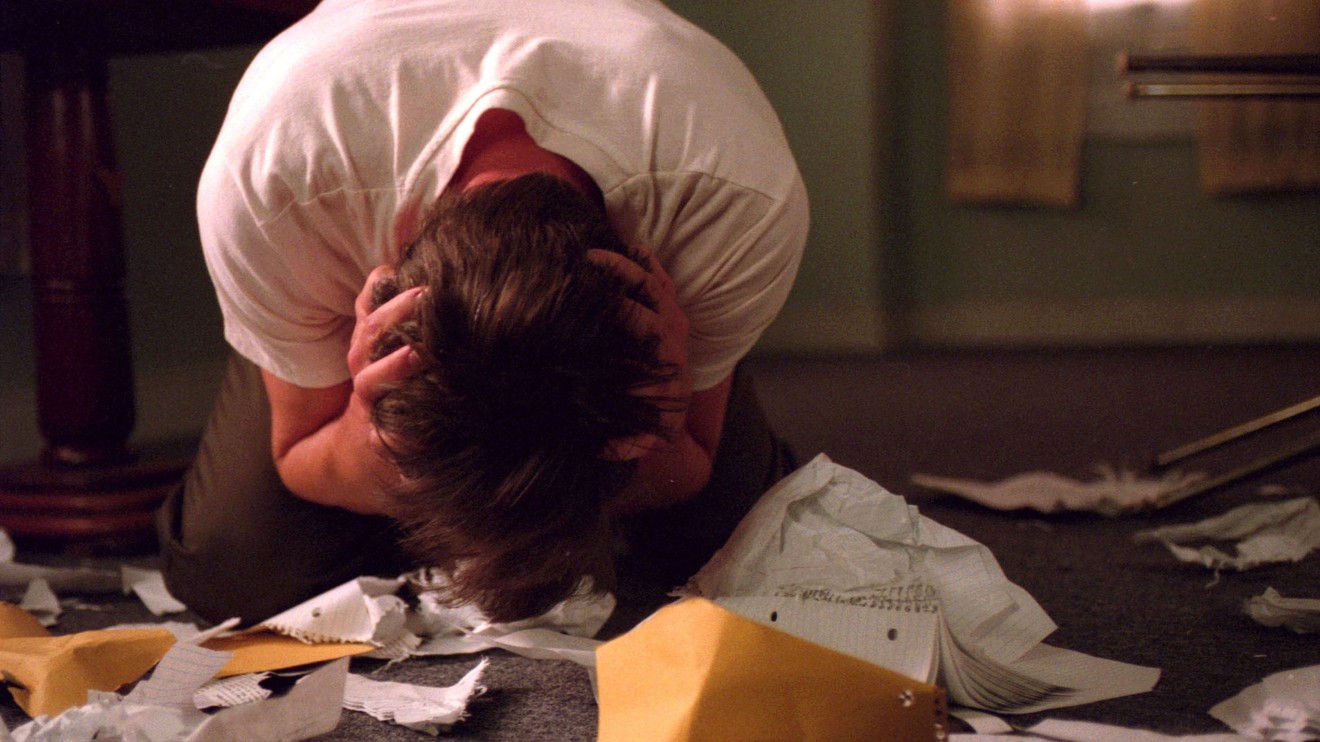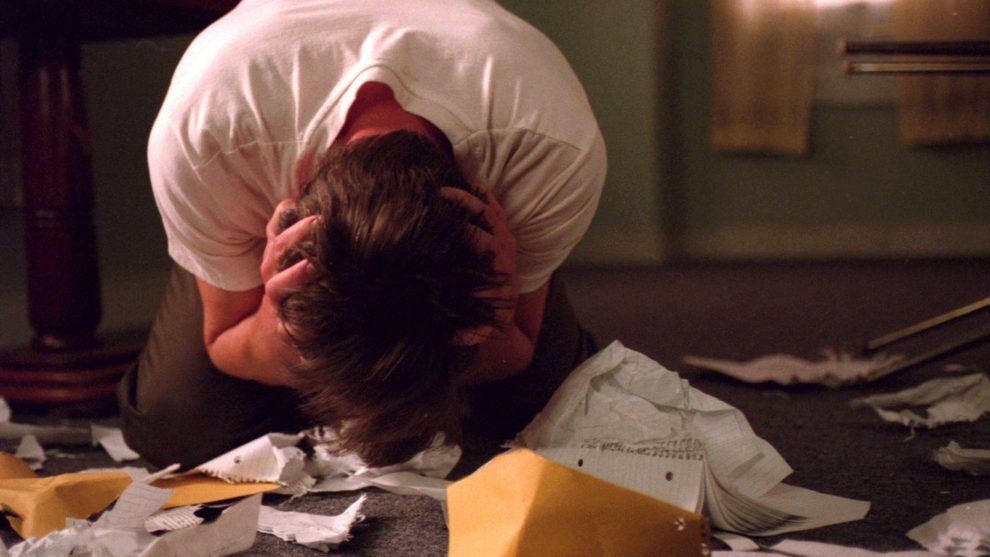
The phone is ringing off the hook. The stock market is down significantly, and everyone wants to have answers. The only thing for me to do is dig in and talk to every client. Was this Monday? No this was Monday Sept. 29, 2008.
Over the course of a 30-year career working with clients, I have seen several radical gyrations of the stock market. Everyone wants to do the right thing for their future, including make money. Losing money does not feel good. Today I know the question “What should I do?” is on everyone’s mind.
Here are the questions you need to ask yourself:
• Do I have cash for your immediate needs?
• Am I looking to sell for the sake of action and control?
• Do I know how my portfolio has done in the long term?
If you have a good investment professional helping you, you may have heard from them. Markets like these are where they earn their money. If you do not have a professional planner, here is what many planners say when they call clients:
• Review your portfolio and investment strategy.
• Don’t panic; instead, be strategic with any action.
• Consider whether this is a buying opportunity: The old adage “buy low and sell high” may apply.
No matter how good an investment person is, remember that no one knows the future path of benchmarks like the S&P 500 index SPX, -4.42% . If you are in the stock market, you need to be thinking long term. Money in the market means you do not need it for more than seven years. Any shorter-term money should be in bonds and cash.
Let’s look at the information you need for today whether you have a planner or not. Even though history does not predict the future, what perspective does tell us is the stock market goes up and down. As short-term thinkers, we happily remember the market of the past 10 years with its long bullish ride up. Teasing apart the details of the past:
• A year ago, the Dow Jones Industrial Average DJIA, -4.42% closed at 26,091.95 on Feb. 26, 2019.
• Just over 10 years ago, on Dec. 31, 2009, it closed at 10,428.
Yes, Monday and Tuesday were the worst two-day slide in four years, and it feels bad in the moment. Historical drops are best evaluated by percentages, not the actual points number of the slide. Read this to get some historical context about stock-market moves.
Is this recent significant slide because of the coronavirus? There is a good chance that is a piece of the puzzle. Yet, there are other factors in play. That is where you holistic view comes in handy. Look at what you need and want. If you sell and go into bonds, your yield is lower now than a week ago. If you sell and go into cash, your money will be safer. Having cash is always important. Having too much cash prevents you from missing out on future gains.
READ: Here are 5 reasons the stock market is tanking, and only one of them is the coronavirus
Don’t do something just for the sake of doing it. Reacting may cost you more in the long run. Also, reacting and making a change from a place of panic typically does not good decisions make. When the market slid after 9/11, I called Sam and Elaine, clients to whom I gave hourly advice on their discount brokerage account but did not manage their money. As their Certified Financial Planner, we met semi-annually for our investment check-in. When I reached them in Florida at their retirement home, he was distraught.
“I am tired of losing money,” Sam said. “I am switching to another advisor.”
The market had been down 20%. The client portfolio was down 8%. This was good planning as a result of a conservative portfolio in his and his wife’s first years in retirement. As much as I explained to him, with his wife listening in, that they should take the time to review closely their portfolio, he wanted to “do something.”
He made the decision to go with an advisor in Florida who had been marketing to them all along. I knew the large company and the fees they charged. I also cautioned about the capital gains they would face if they sold investments, as most of their investments they had held a long time.
Months later Elaine emailed me. She thanked me for our work together and explained she never wanted to switch, but her husband was adamant. She wanted me to know they actually had less money and owed taxes for the first time in years because of they had not considered the long-term gains of the investments they were selling. They were only comparing their statements to the previous quarter when they made the switch. They wished she had listened. Time and experience are a valuable teacher.
There is no right thing to do. Why? Because no knows the future. Investing is all about balance. In thinking, in diversification, and in watching the market. Balance your reactions, actions and attitude to the market. The pause button will help you make the best decision for you.
C.D. Moriarty, CFP is a Vermont-based financial speaker, writer and coach who wants to create financial peace of mind for others. She can be reached through her website at www.MoneyPeace.com.
div > iframe { width: 100% !important; min-width: 300px; max-width: 800px; } ]]>





